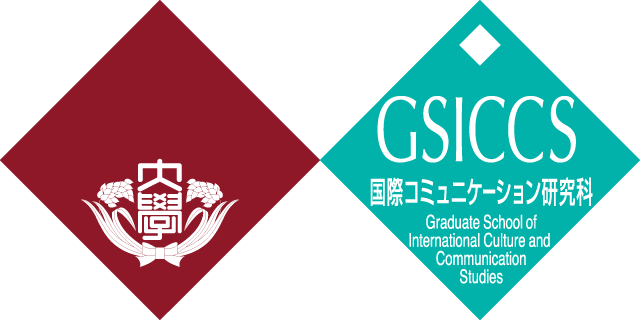- News
- LE, Thi Huyen Trang
LE, Thi Huyen Trang

- Posted
- Mon, 18 Dec 2023

- Program:Doctoral Program
- Enrollment in:April 2022
- Directed Research: Speech Communication and Language Acquisition
Message
As of 2022, Vietnamese people constitute the second-largest expatriate community in Japan. Many young Vietnamese individuals migrate to Japan with hopes of finding employment, seeking advanced education, or simply due to their admiration for Japanese technologies and culture. However, in the pursuit of their dreams, they encounter a significant challenge that many find insurmountable: the language barrier. Among the various difficulties that Vietnamese learners must confront, one particular obstacle stands out—the acquisition of Japanese vowel length.
Studies conducted over the years suggest that the absence of distinctions in vowel duration in the Vietnamese language contributes to difficulties in perceiving Japanese long and short vowels. Additionally, Vietnamese learners tend to transfer the syllable-timed rhythm of their native language into their Japanese pronunciation—a language that is mora-timed—resulting in a tendency to lengthen short vowels and shorten long vowels.
It is crucial to acknowledge that in Japanese, which is inherently a pitch-accent language, the distinction between long and short vowels is nuanced, hinging not solely on the duration but also on the pitch. So, native Japanese speakers employ both duration and pitch as cues to differentiate vowel duration, which highlights the importance of sensitivity to pitch variations.
The research I am conducting is focused on dissecting the particular phonetic challenges facing Vietnamese learners. Through a mixed-method approach that marries quantitative data with qualitative insights, the study leverages acoustic analyses, surveys, and interviews to investigate communicative obstacles such as the mispronunciation and misunderstanding of vowel lengths. By conducting discrimination and identification tests with manipulated Japanese sounds, the research aims to uncover how the Vietnamese auditory processing accommodates different durations and pitch conditions.
Furthermore, I also intend to investigate Vietnamese learners’ pitch sensitivity, especially looking at which Japanese sounds are assimilated to the tonal patterns of their own language. The findings will be used to design targeted phonetic training courses for Vietnamese learners, who come from a tonal language background. These courses for Vietnamese learners will comprise comprehensive training sessions, which will include instruction, practice, and feedback on discerning and articulating Japanese vowel lengths. The efficacy of these sessions will be evaluated by assessing the learners’ auditory and pronunciation accuracy both pre- and post-training.
By addressing the communicative challenges Vietnamese learners face in Japan, my study aims to enrich the pedagogical field with innovative language teaching methods and materials. While the primary beneficiaries are Vietnamese learners of Japanese, my research holds the potential to make a substantial contribution to the broader disciplines of second language acquisition and educational pedagogy.
